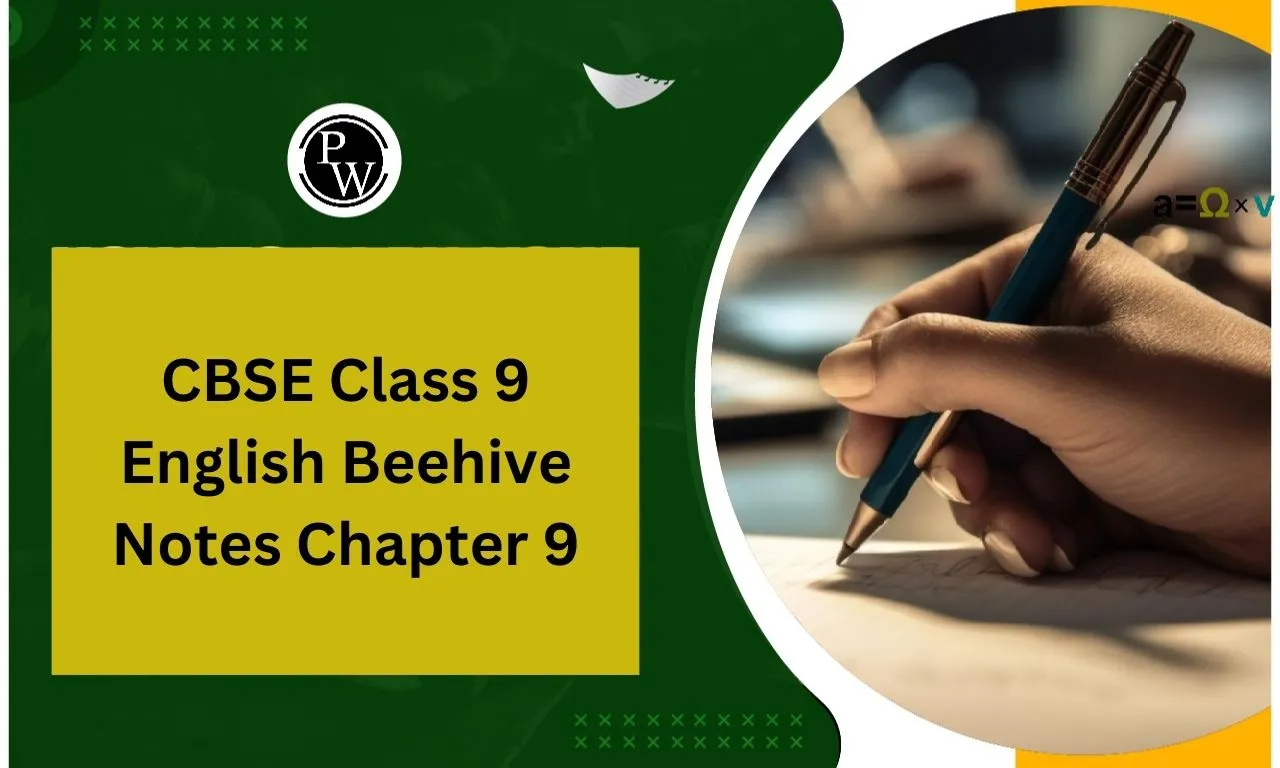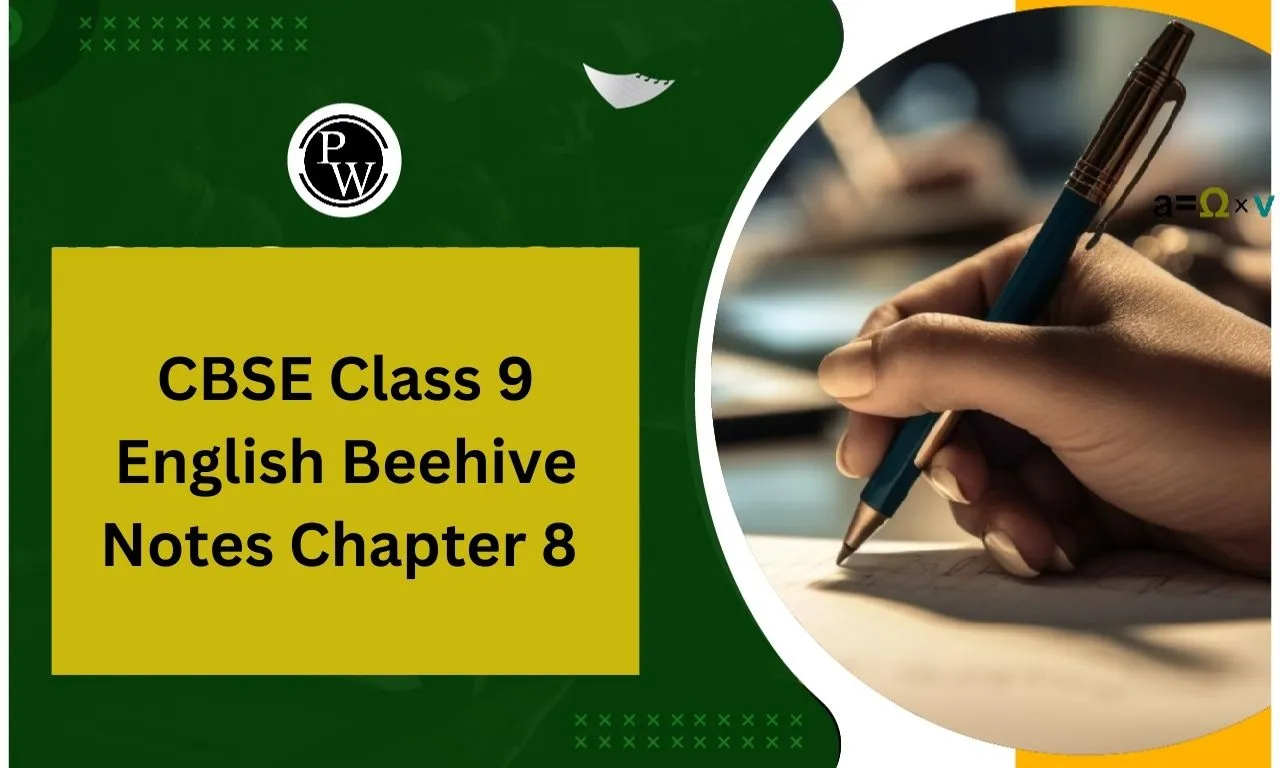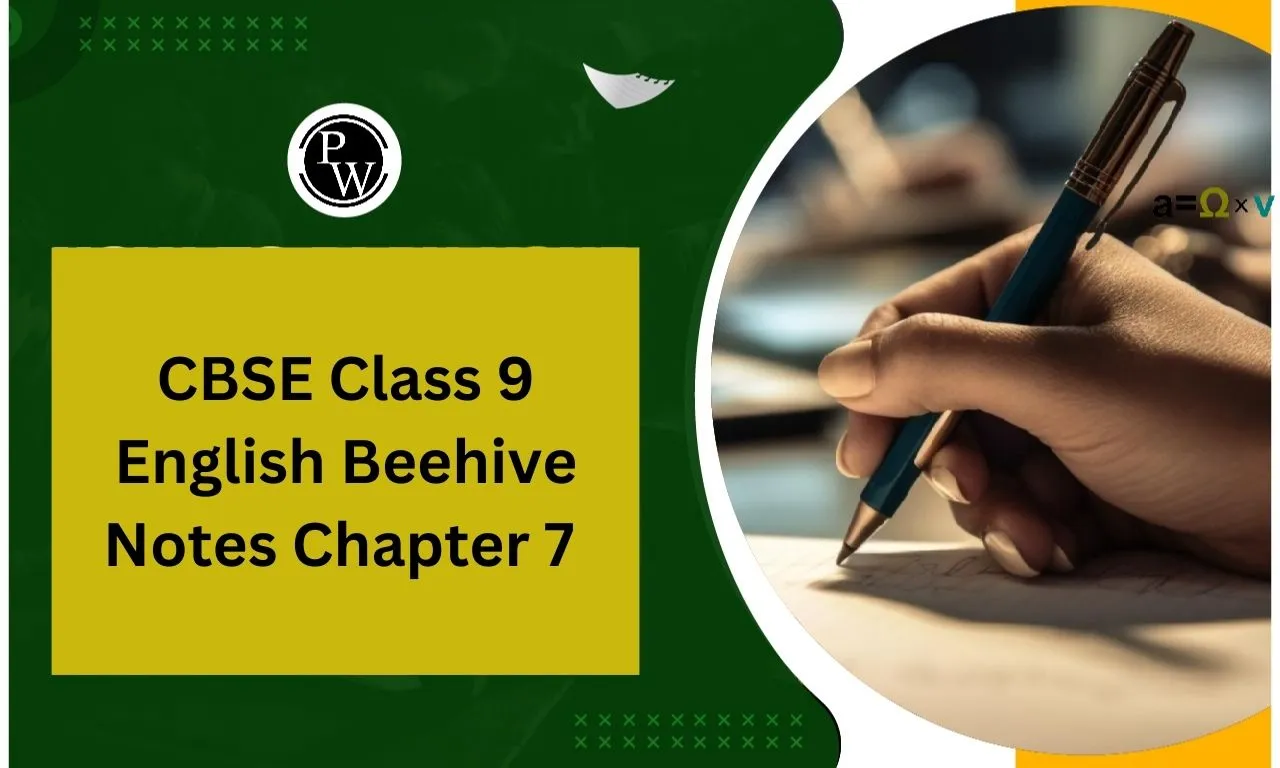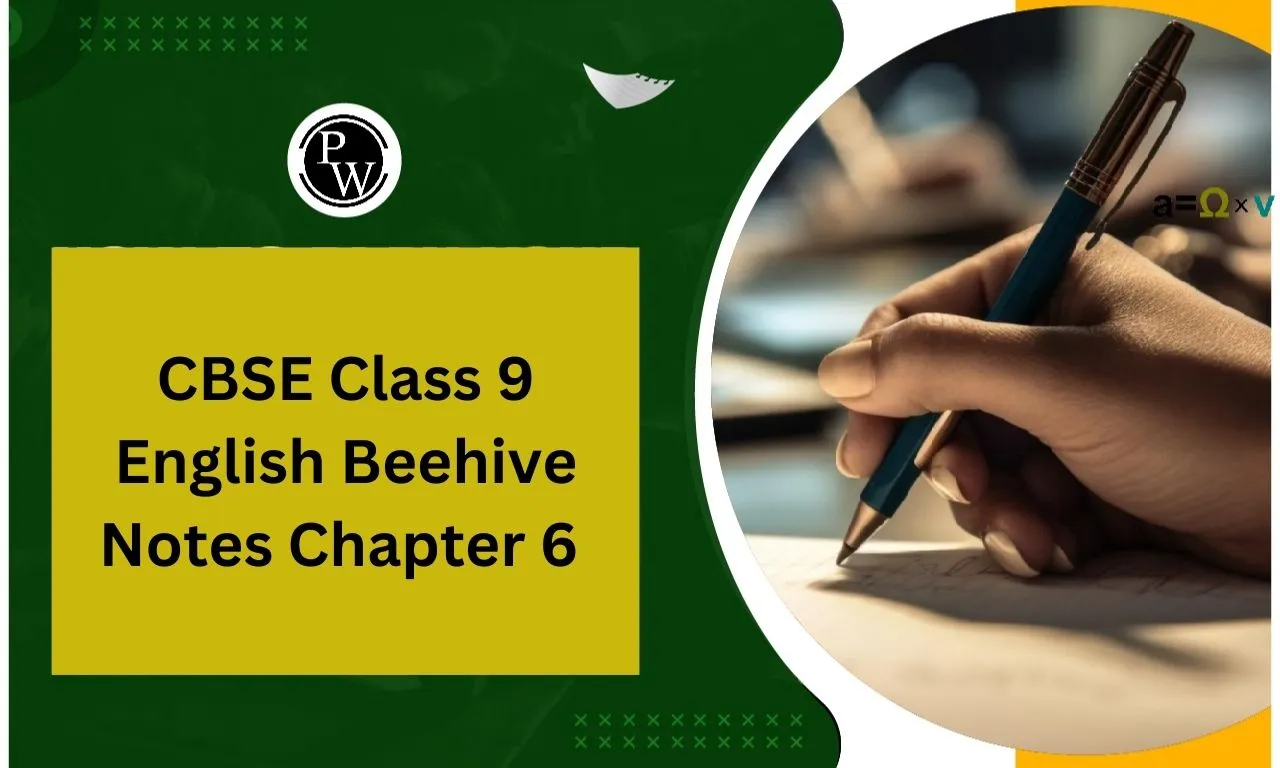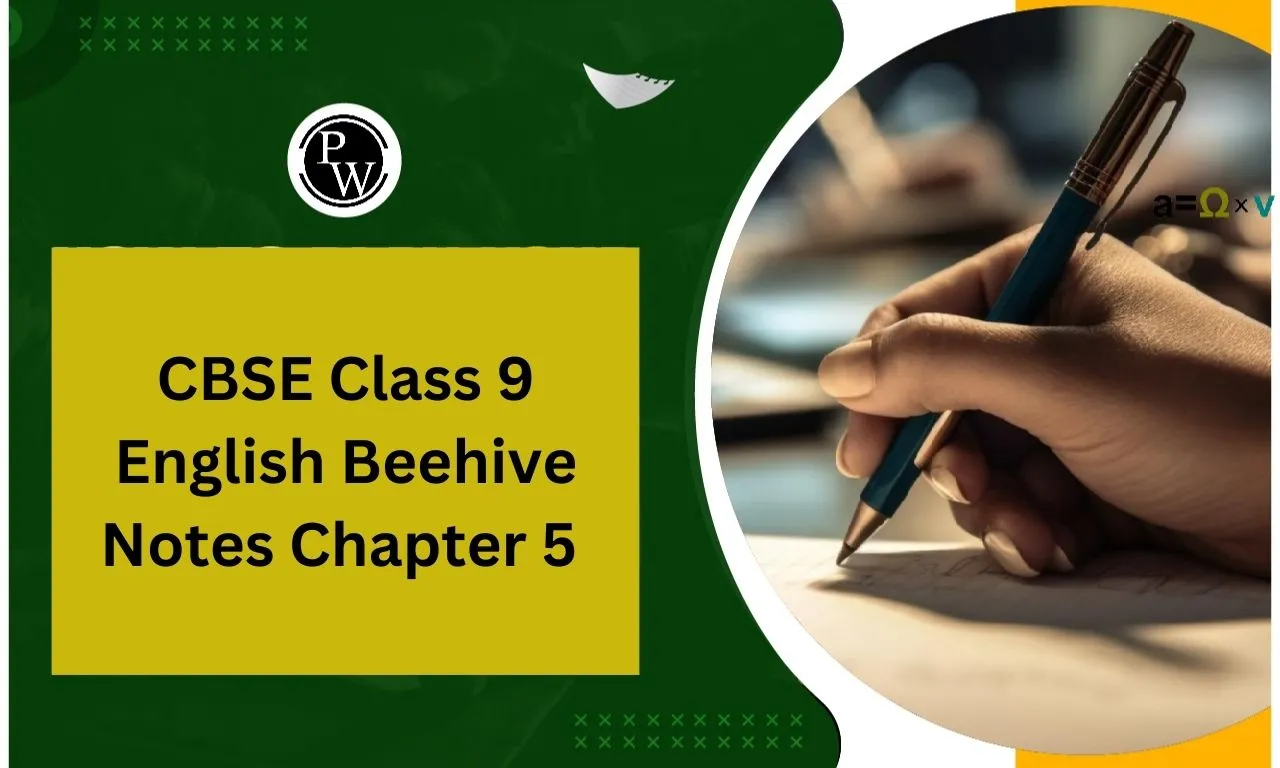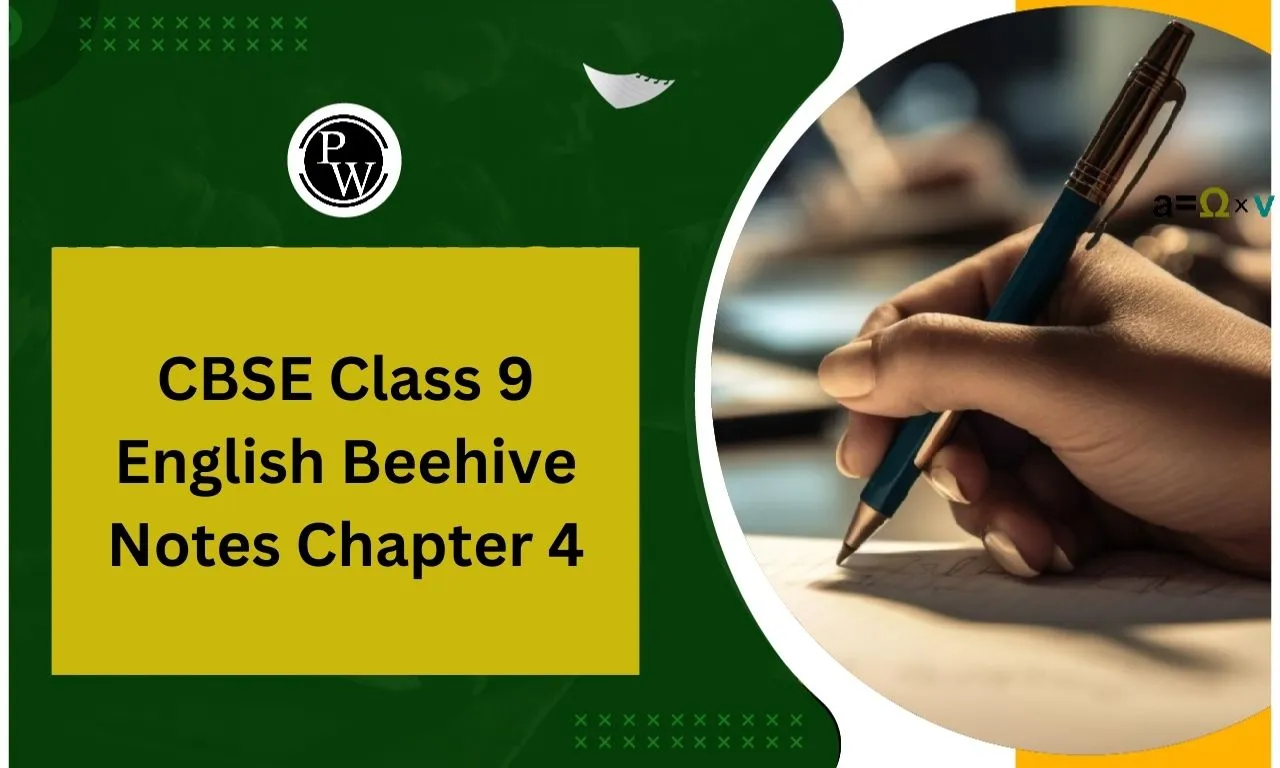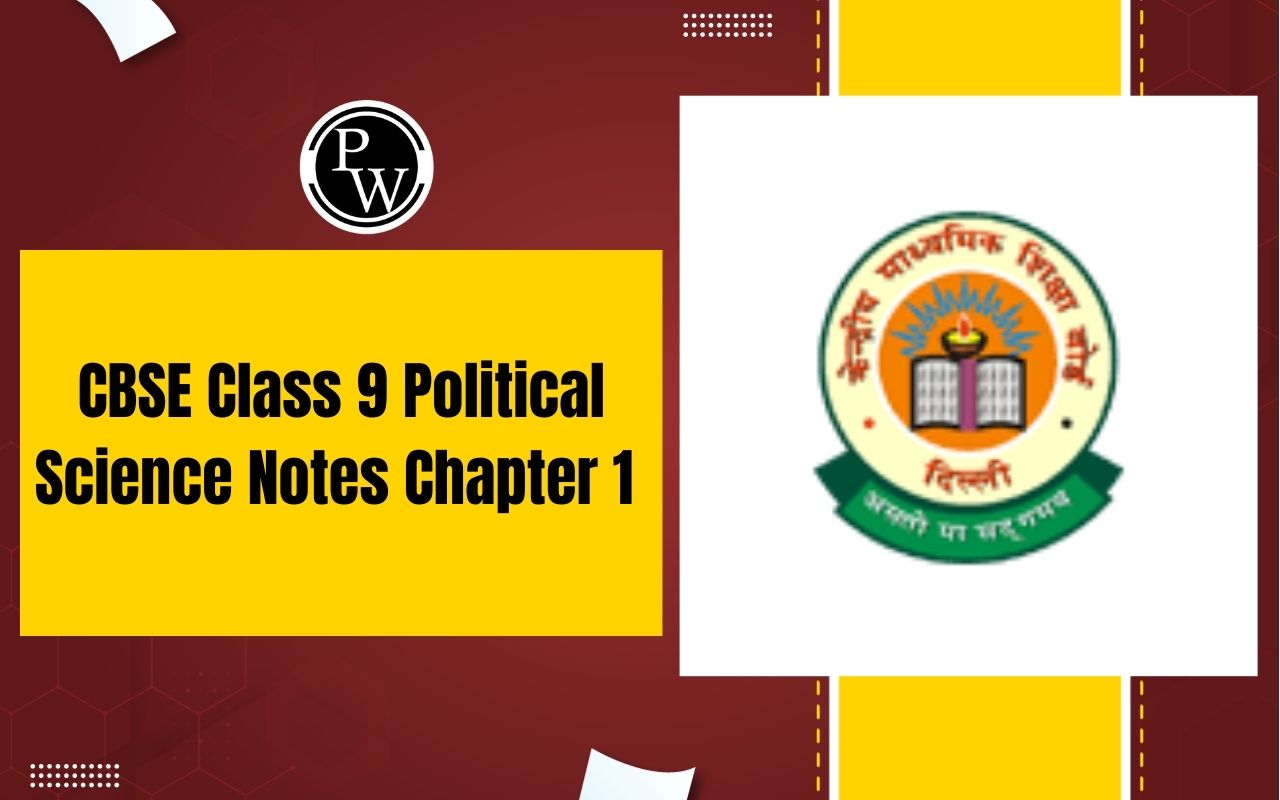
JNVST Navodaya Exam Pattern 2025: The Jawahar Navodaya Vidyalaya Selection Test (JNVST) is a national-level entrance exam conducted by the Navodaya Vidyalaya Samiti (NVS) for admission to Class 6 in Jawahar Navodaya Vidyalayas (JNVs) across India. The JNVST is an important examination for students aiming to join these prestigious schools, which provide quality education to students from rural areas at no cost.
In 2025, the JNVST exam will follow a well-structured and specific exam pattern to assess candidates' intellectual abilities. The exam is conducted in offline mode and consists of multiple-choice questions (MCQs). This article provides a detailed overview of the JNVST Navodaya Exam Pattern for Class 6, including its structure, sections, syllabus, and preparation tips.Navodaya Syllabus for Class 6th
JNVST Navodaya Class 6 Exam Pattern 2025 Overview
Students aspiring for admission to Class 6 in Jawahar Navodaya Vidyalayas (JNVs) in 2025 must appear for the Jawahar Navodaya Vidyalaya Selection Test (JNVST). It is important for candidates to understand the exam pattern to prepare effectively. Below is the overview of the JNVST Class 6 Exam Pattern 2025:| Particular | Details |
|---|---|
| Exam Mode | Offline (OMR Sheet-based) |
| Exam Date | - Phase 1: January 18, 2025 - Phase 2: April 12, 2025 |
| Exam Time | 11:30 AM to 01:30 PM |
| Total Number of Questions | 80 questions |
| Sections | - Mental Ability Test - Arithmetic Test - Language Test |
| Total Marks | 100 marks |
| Total Duration | 120 minutes (2 hours) |
JNVST Navodaya Exam Pattern 2025 Section Wise
The JNVST for Class 6 will consist of three major sections created to assess the mental ability, mathematical skills, and language comprehension of the candidates. The exam will be held for 100 marks, and students will have a total of 2 hours (120 minutes) to complete it. Here is the breakdown of the JNVST 2025 exam pattern:| Section | Number of Questions | Marks | Duration |
|---|---|---|---|
| Mental Ability Test (MAT) | 40 questions | 50 marks | 60 minutes |
| Arithmetic Test (AT) | 20 questions | 25 marks | 30 minutes |
| Language Test (LT) | 20 questions | 25 marks | 30 minutes |
| Total | 80 questions | 100 marks | 2 hours |
JNVST Navodaya Class 6 Syllabus 2025
After understanding the JNVST Class 6 Exam Pattern 2025, it is important for candidates to refer to the syllabus for each section of the exam to ensure thorough preparation. Below is the detailed syllabus for the JNVST Class 6 exam, covering all sections:JNVST Navodaya Class 6 Syllabus 2025 for MAT
Odd Man Out
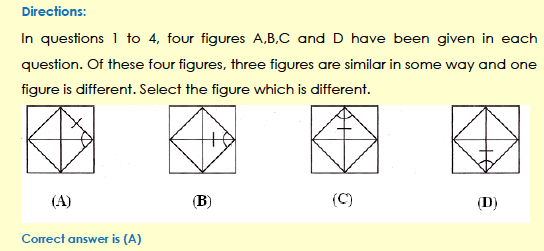
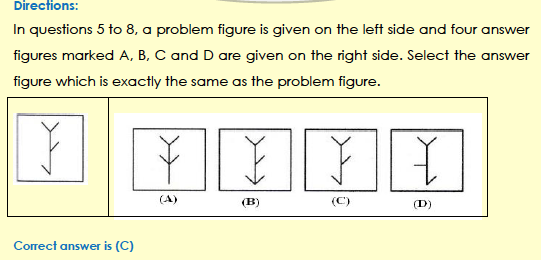
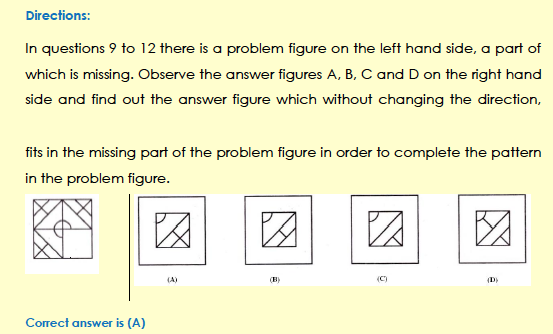
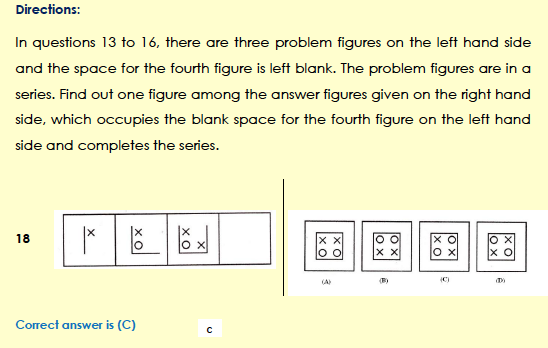
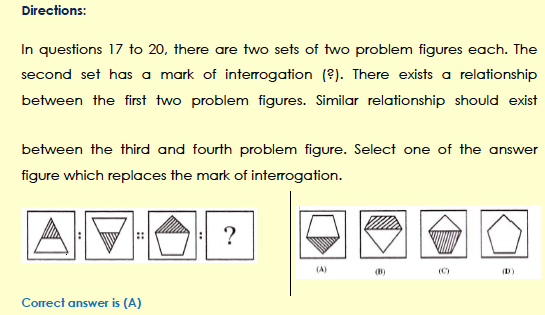
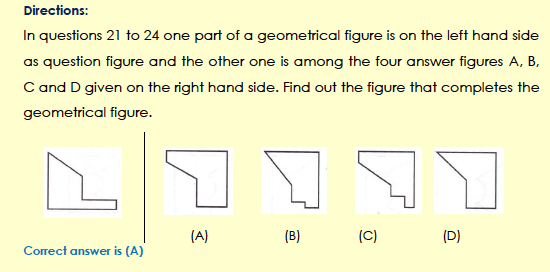
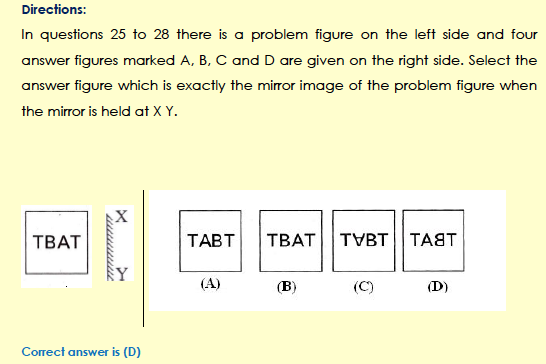
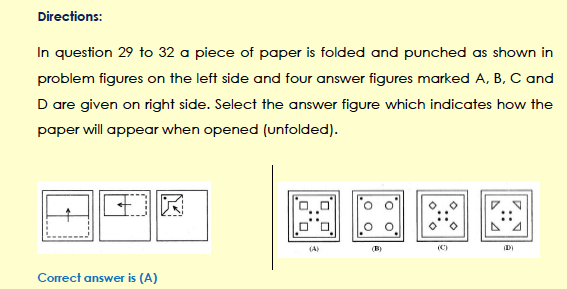
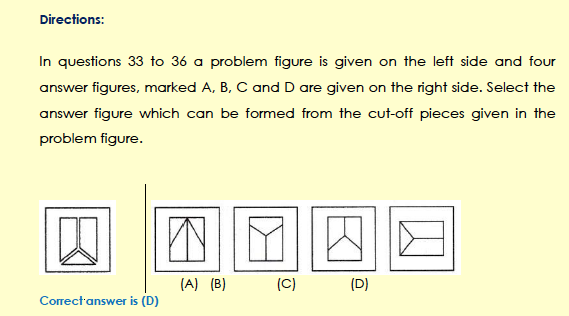
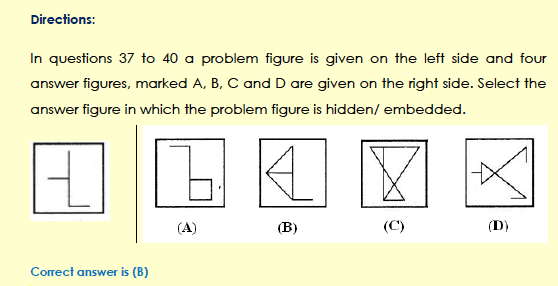
Arithmetic Test (AT) Syllabus
The Arithmetic Test is designed to assess the candidate's understanding of basic mathematical concepts and arithmetic operations. This section covers topics that evaluate the candidate’s proficiency in solving everyday mathematical problems.Topics Covered in AT :
Number System : Understanding and working with whole numbers, decimals, and fractions.
Basic Arithmetic Operations : Addition, subtraction, multiplication, and division of numbers.
Fractions and Decimals : Simplifying fractions, converting between fractions and decimals, and solving problems related to them.
Percentages : Calculating percentages, percentage increases/decreases, and solving problems involving percentages.
Simple Interest : Calculating simple interest and understanding its application.
Time and Work : Solving problems related to work, time, and efficiency.
Profit and Loss : Calculating profit, loss, cost price, selling price, and percentage profit/loss.
Ratio and Proportions : Solving problems based on ratios and proportions, direct and inverse proportion.
Basic Geometry : Understanding basic geometric shapes, perimeter, area, and volume.
Data Interpretation : Reading and interpreting data from charts, bar graphs, and tables.
Language Test (LT) Syllabus
The Language Test (LT) evaluates the candidate's proficiency in language comprehension , grammar , and reading skills . This section tests the understanding of language through reading passages and answering related questions.Topics Covered in LT :
Reading Comprehension : Reading short passages and answering questions based on the passage to test understanding and vocabulary.
Grammar : Understanding parts of speech, sentence structure, and correct usage of grammar.
Topics include:
- Tenses (Present, Past, Future)
- Articles (A, An, The)
- Prepositions, Conjunctions, and Interjections
- Subject-Verb Agreement
- Direct and Indirect Speech
Vocabulary :
- Identifying synonyms, antonyms, and meanings of words.
- Completing sentences using appropriate words.
Sentence Formation :
- Forming meaningful sentences using the given words.
Fill in the Blanks :
- Completing sentences with suitable words, phrases, or prepositions.
Writing Skills :
- Simple paragraph writing on given topics.
JNVST Class 6 Exam Pattern 2025 - Method of Recording Answers
The JNVST Class 6 Exam Pattern 2025 provides detailed instructions on how candidates should record their answers during the examination. Following these guidelines carefully is essential to ensure that the responses are correctly recorded and evaluated. Here's a breakdown of the key points regarding the method of recording answers:1. Roll Number and Answer Sheet
- Roll Number : Candidates must fill their roll number in the OMR sheet carefully, as mentioned in their JNVST Class 6 admit card . Any discrepancy in the roll number may lead to issues in identifying the candidate’s responses.
- Answer Sheet : A separate OMR answer sheet is provided to candidates. This sheet is where candidates will mark their responses.
2. Marking Answers
- Answer Selection : For each question, candidates will have four options (A, B, C, D). They must choose one answer and mark it by darkening the corresponding circle on the OMR sheet.
- Blue/Black Ballpoint Pen : It is mandatory to use a blue or black ballpoint pen to mark answers. Pencils are strictly not allowed for marking answers.
- Correct Marking : Candidates must ensure that they select and mark only the correct corresponding answer. No alterations are allowed after the answer has been darkened.
- No Negative Marking : As per the JNVST Class 6 Exam Pattern 2025 , candidates will receive 1.25 marks for every correct answer. Importantly, there is no negative marking for incorrect answers.
3. OMR Sheet Instructions
- Correct Answer Marking : Candidates must carefully darken the circle corresponding to the correct answer. It is important that only one circle is darkened for each question. Multiple markings or unclear answers may result in the answer being considered invalid.
- No Changes Allowed : Once a candidate marks an answer, no changes are allowed . Ensure that the answer is selected correctly the first time.
- Answer Sheet Handling : Candidates should avoid making any stray marks on the answer sheet and ensure that their responses are clear and precise.
4. Language Options for JNVST Class 6 Exam
The language of the examination depends on the state or union territory in which the candidate is appearing for the exam. Candidates should verify the available language options in their respective regions. The JNVST Class 6 exam languages for various states and UTs are listed below:| State/UT | Available Languages |
|---|---|
| Andaman & Nicobar Islands | Hindi, English, Tamil, Urdu, Bengali |
| Andhra Pradesh | Hindi, English, Telugu, Marathi, Urdu, Oriya, Kannada |
| Arunachal Pradesh | English, Hindi |
| Assam | English, Hindi, Assamese, Bodo, Garo, Bengali, Manipuri (Bongio Script), Manipuri (Meitei Mayek) |
| Bihar | English, Hindi, Urdu |
| Chandigarh | English, Hindi, Punjabi |
| Chhattisgarh | English, Hindi |
| Delhi | English, Hindi |
| Goa | English, Hindi, Marathi, Kannada |
| Gujarat | English, Hindi, Gujarati, Marathi |
| Haryana | English, Hindi |
| Himachal Pradesh | English, Hindi |
| Jammu and Kashmir | English, Hindi, Urdu |
| Jharkhand | English, Hindi, Urdu, Oriya |
| Karnataka | Hindi, English, Kannada, Telugu, Marathi, Urdu, Malayalam, Tamil |
| Kerala | Hindi, English, Malayalam, Tamil, Kannada |
| Lakshadweep | Hindi, English, Malayalam |
| Madhya Pradesh | English, Hindi, Urdu, Marathi, Gujarati |
| Maharashtra | English, Hindi, Kannada, Marathi, Urdu, Telugu, Gujarati |
| Manipur | English, Hindi, Manipuri, Meitei Mayek |
| Meghalaya | English, Hindi, Khasi, Garo, Bengali, Assamese |
| Mizoram | English, Hindi, Mizo |
| Nagaland | English, Hindi |
| Odisha | English, Hindi, Telugu, Oriya, Urdu |
| Puducherry | English, Tamil, Telugu, Malayalam, Hindi |
| Punjab | English, Hindi, Punjabi |
| Rajasthan | English, Hindi |
| Sikkim | English, Hindi, Nepali |
| Telangana | Hindi, English, Telugu, Kannada, Marathi, Urdu |
| Tripura | English, Hindi, Bengali |
| UT Ladakh | English, Hindi, Urdu |
| UT of Dadar & Nagar Haveli and Daman & Diu | English, Hindi, Gujarati, Marathi |
| Uttar Pradesh | English, Hindi, Urdu |
| Uttarakhand | English, Hindi, Urdu |
| West Bengal | English, Hindi, Bengali, Nepali, Urdu |
JNVST Class 6 Preparation Tips 2025
The Jawahar Navodaya Vidyalaya Selection Test (JNVST) for Class 6 is an important exam for students aspiring to get admission to one of the prestigious Navodaya Vidyalayas. With the exam scheduled for January 18, 2025 (Phase 1) and April 12, 2025 (Phase 2), it is crucial for students to start their preparations early. Below are some effective JNVST Class 6 Preparation Tips 2025 that can help candidates perform well in the exam.1. Understand the Exam Pattern and Syllabus
Before diving into your studies, it's essential to have a clear understanding of the JNVST Class 6 exam pattern and syllabus . This will help you focus on the right areas and divide your time effectively for each section:- Mental Ability Test (MAT) : Focus on reasoning and logical skills, involving figure analysis and pattern recognition.
- Arithmetic Test (AT) : Prepare for basic arithmetic operations, percentages, LCM, HCF, time and distance, profit and loss, etc.
- Language Test : Improve comprehension, grammar, and vocabulary in the chosen language.
2. Develop a Timetable
A well-structured timetable is crucial for focused preparation. Allocate specific time slots for each section and stick to the schedule. Make sure to include:- Revision Time : Revise regularly to reinforce your understanding.
- Mock Tests : Set aside time for taking mock tests to evaluate your performance.
- Breaks : Don’t forget to take short breaks to refresh your mind.
3. Focus on Mental Ability Test (MAT)
The Mental Ability Test (MAT) will evaluate your logical reasoning and analytical skills. Here’s how you can prepare:- Practice Regularly : Solve practice questions based on puzzles, figure patterns, mirror images, and other reasoning problems.
- Use Visual Aids : Practice with diagrams and shapes to enhance your visual perception.
- Improve Logical Thinking : Engage in games that require logical thinking, like chess or Sudoku, to sharpen your problem-solving skills.
4. Master Arithmetic Skills
The Arithmetic Test (AT) covers basic mathematical concepts, and students need a solid understanding of them. Here's how to tackle the arithmetic section:- Conceptual Clarity : Ensure that you have a strong understanding of fundamental arithmetic operations such as addition, subtraction, multiplication, and division.
- Practice Word Problems : Solve problems based on time, distance, speed, percentages, and simple interest.
- Work on Speed and Accuracy : Practice solving problems quickly and accurately to manage your time effectively during the exam.
5. Language Skills
The Language Test assesses your proficiency in the language of your choice. Here's how you can improve:- Read Regularly : Read newspapers, books, and storybooks in the chosen language to improve your vocabulary and comprehension.
- Practice Writing : Focus on writing short essays, letters, and paragraphs to develop fluency.
- Grammar and Vocabulary : Review grammar rules and expand your vocabulary by learning new words every day.
6. Practice with Previous Year Papers
Working on previous years' JNVST question papers will give you an insight into the types of questions asked in the exam. It also helps in:- Time Management : Practicing previous papers under time constraints will help you learn how to manage your time effectively.
- Familiarizing with Question Patterns : You’ll get familiar with the format and structure of the exam.
7. Take Mock Tests
Mock tests simulate the actual exam environment and help in assessing your preparation level. Ensure to:- Attempt Mock Tests Regularly : Take at least one mock test every week to track your progress.
- Review Your Performance : After each mock test, analyze your mistakes and work on improving weak areas.
8. Focus on Health and Well-Being
Maintaining your physical and mental health during your exam preparation is equally important. Here are some tips:- Balanced Diet : Eat nutritious food to keep your mind sharp.
- Sleep Well : Ensure you get 7-8 hours of sleep every night to maintain focus.
- Physical Exercise : Engage in light exercises or activities like walking, yoga, or cycling to stay active and reduce stress.
9. Stay Positive and Confident
Exams can be stressful, but maintaining a positive mindset is key to success. Here’s how you can stay motivated:- Stay Calm : Do not stress over topics you haven’t mastered. Focus on the areas where you are confident.
- Believe in Yourself : Stay confident in your preparation, and trust your abilities.
- Stay Consistent : Consistency in your preparation is crucial, so keep up with your studies.
10. Revise Before the Exam
In the final few days before the exam, focus on revision:- Go Through Important Topics : Revise the key topics for each section. Don’t try to learn new things at the last moment.
- Practice OMR Sheet : Practice filling out an OMR sheet to get comfortable with the marking process.
JNVST Navodaya Exam Pattern 2025 FAQs
What is the exam mode for JNVST 2025?
When is the JNVST 2025 exam scheduled?
What is the total duration of the exam?
How are answers marked in the JNVST 2025 exam?


